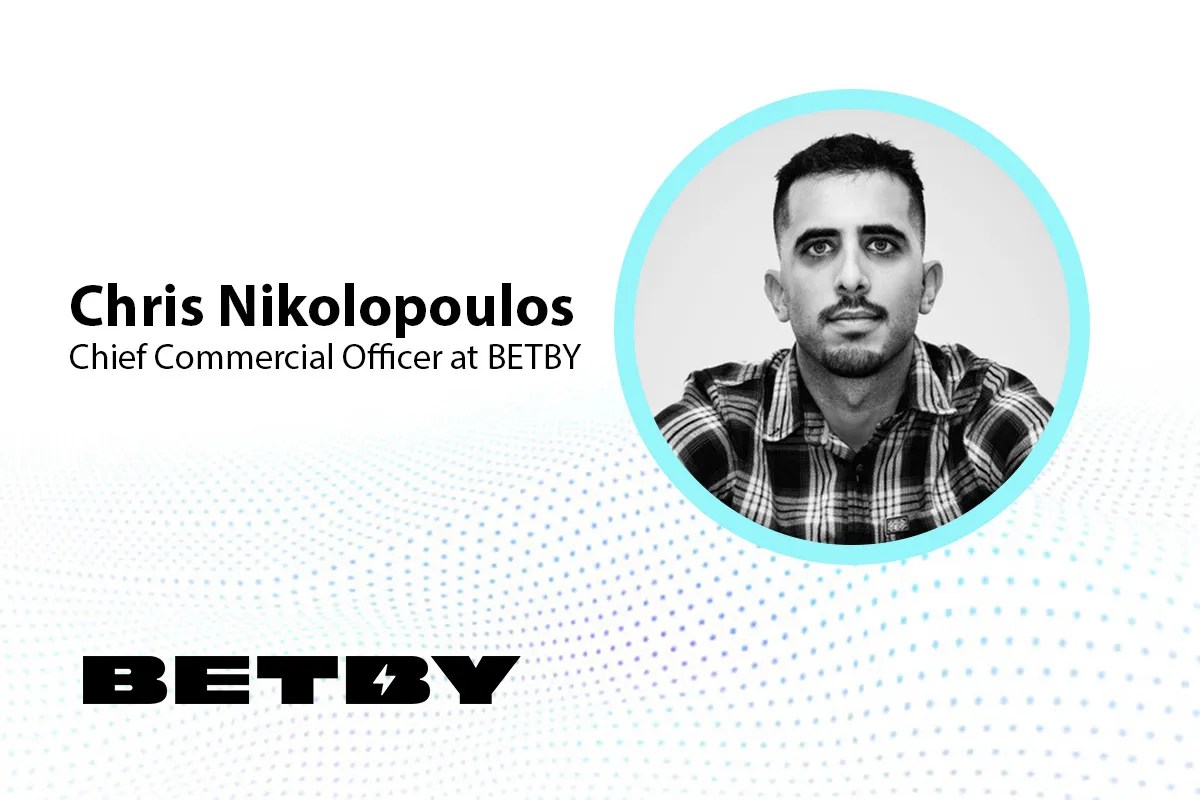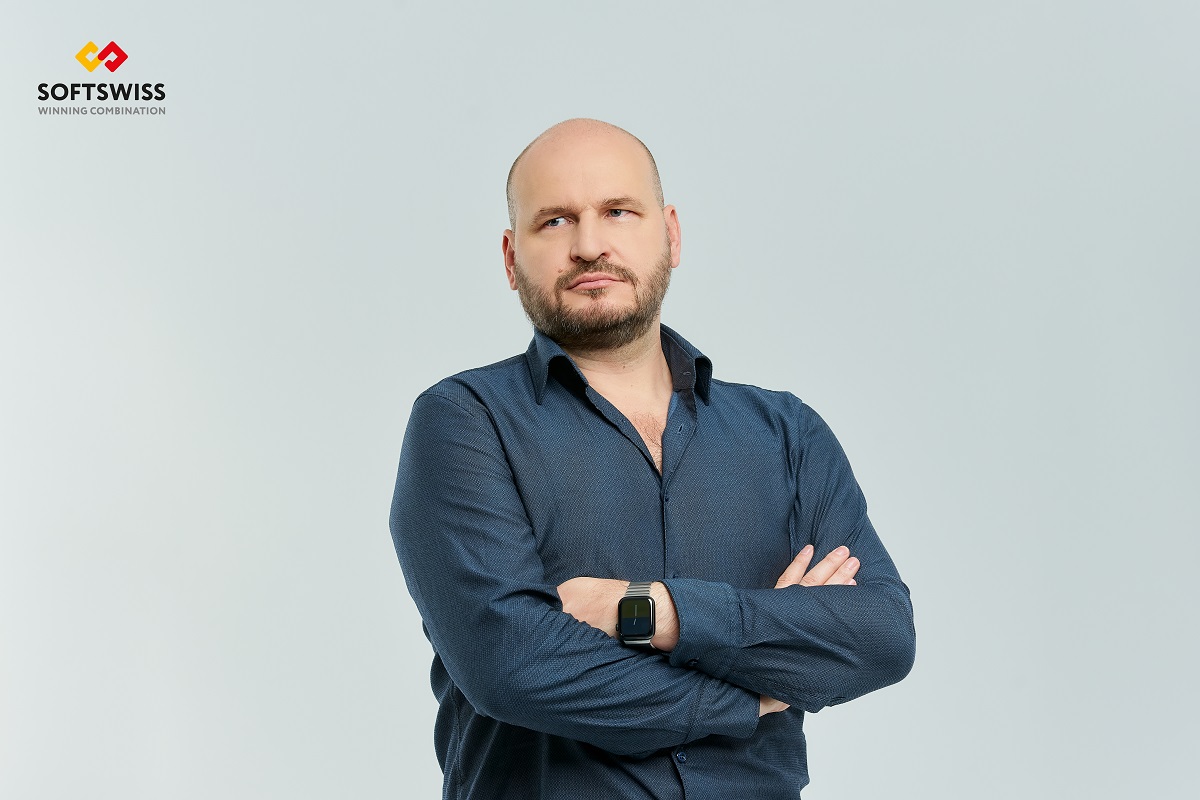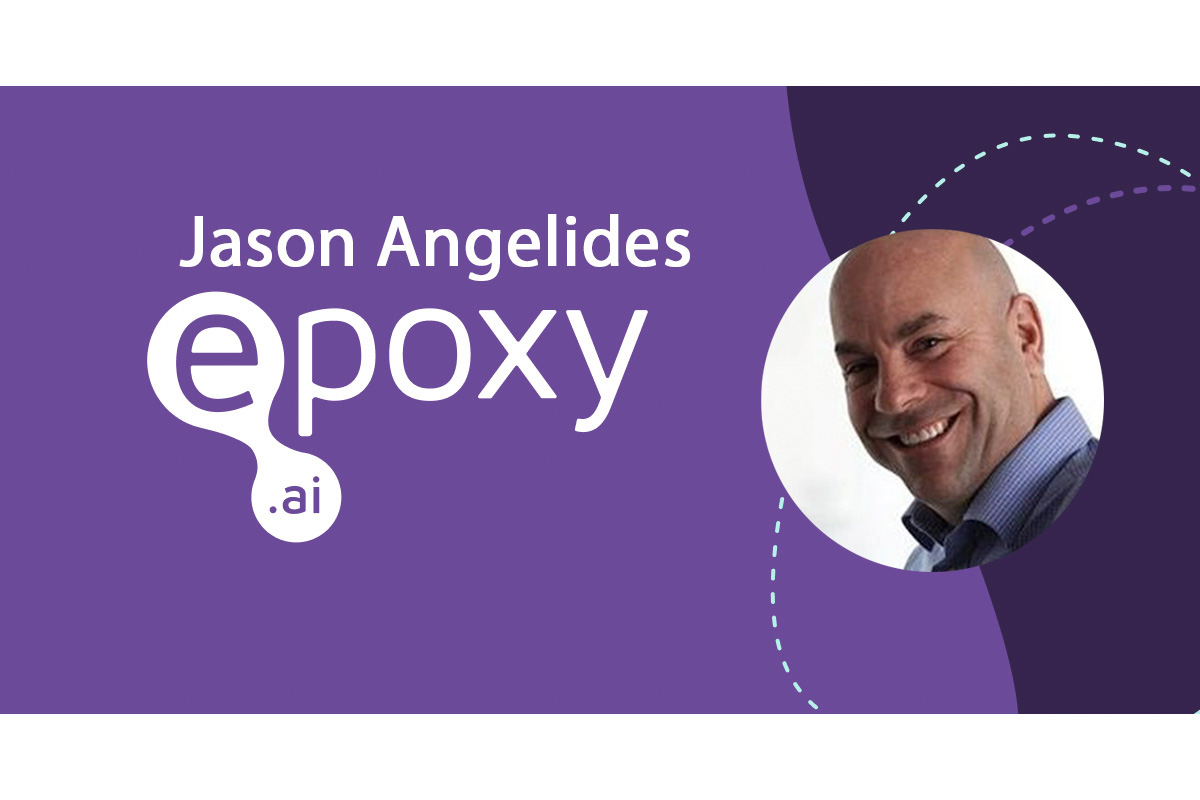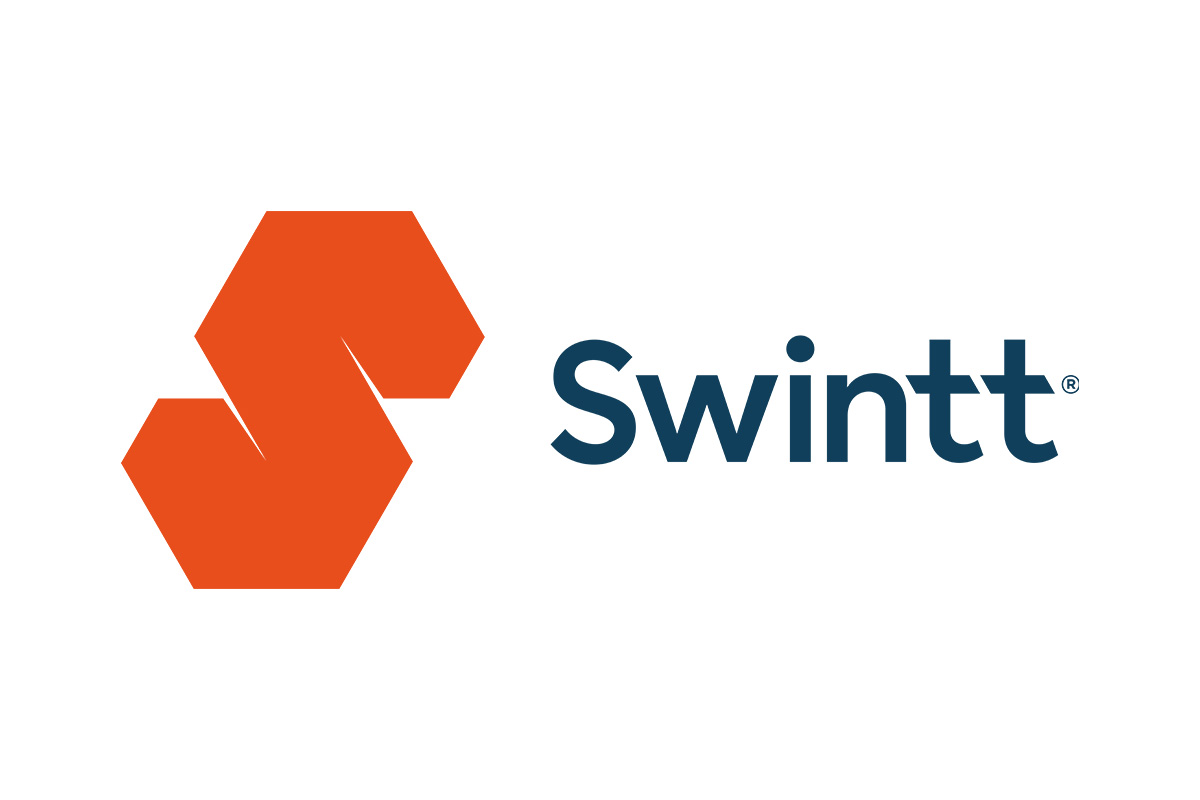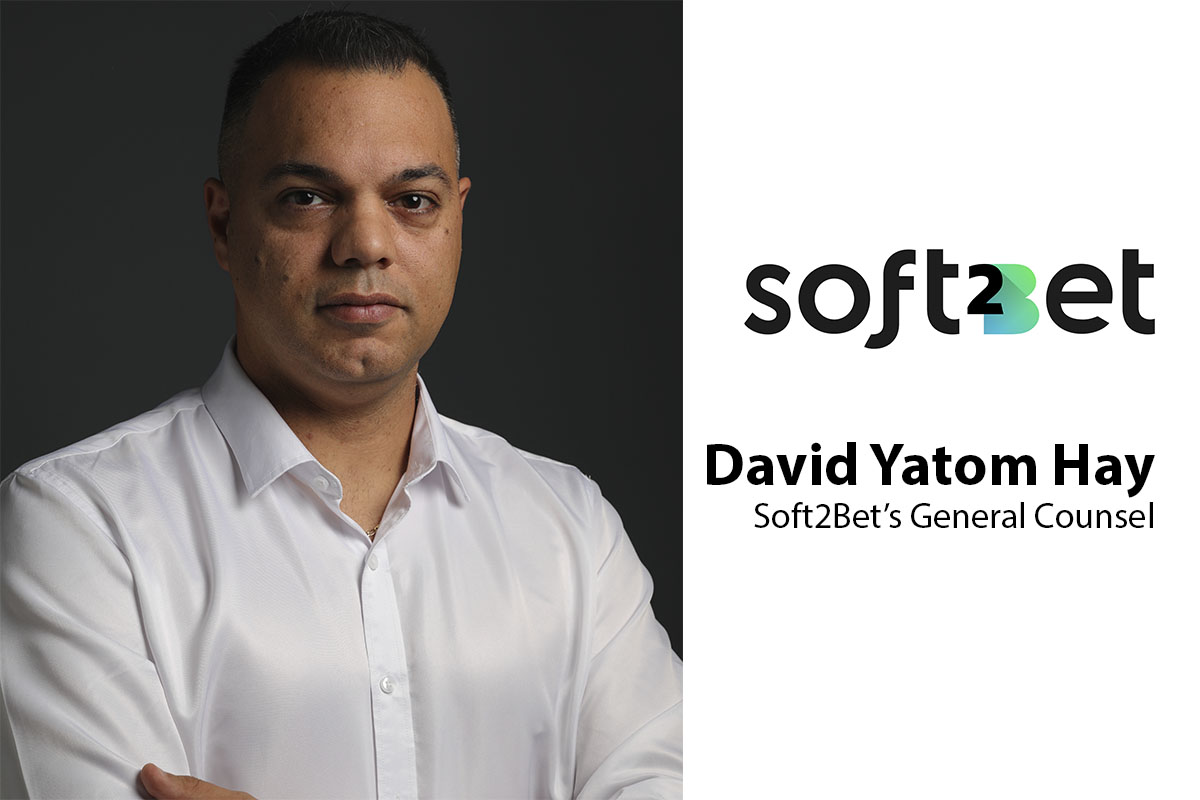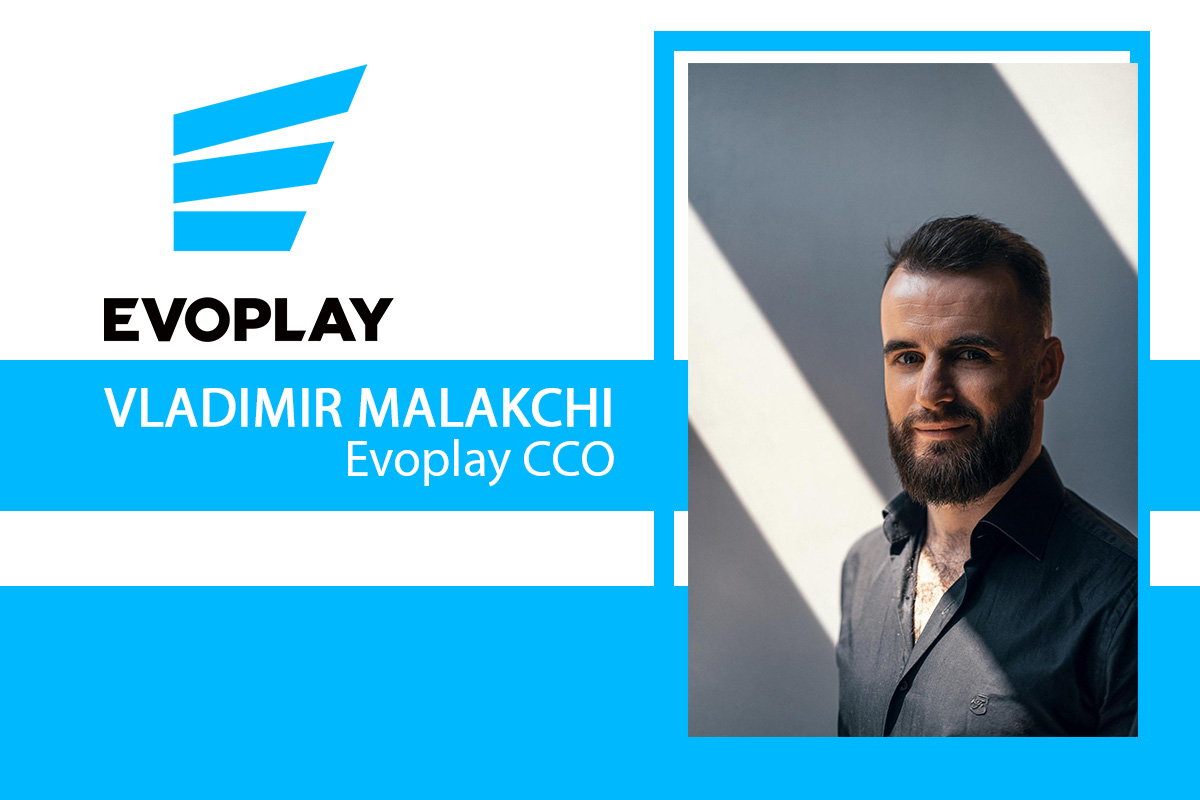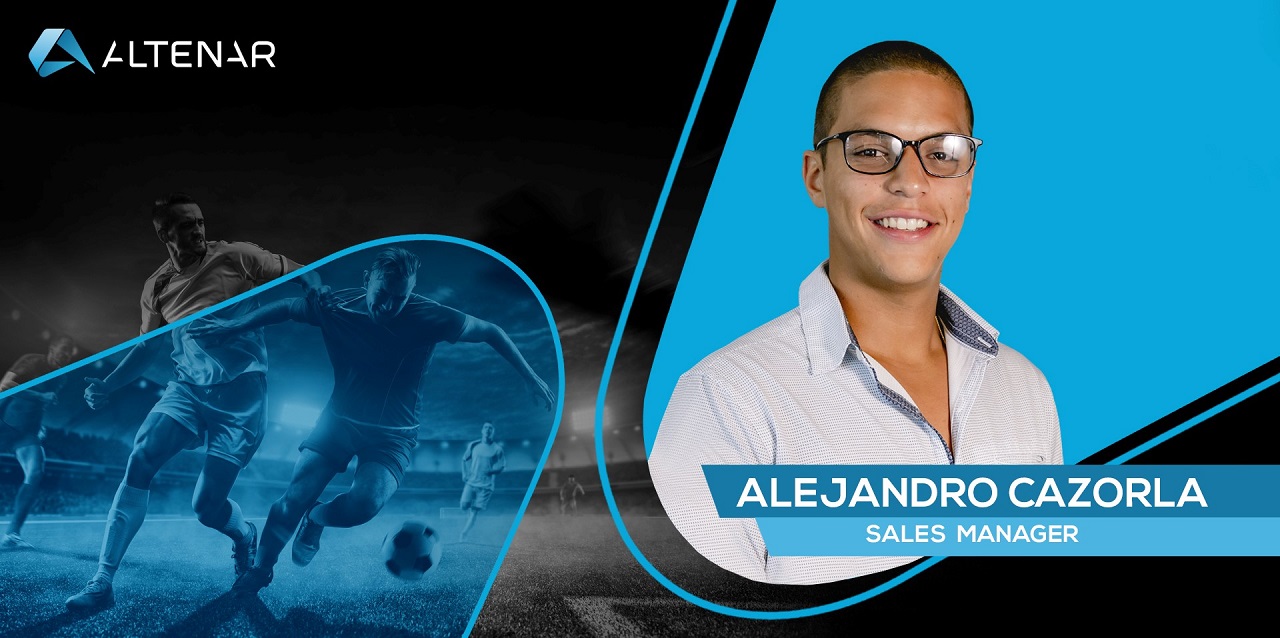Reading Time: 8 minutes
Alexander joined the company in May 2020. He has more than 26 years of experience in Sports Betting and Gambling. His expertise lies in betting trends, iGaming sports industry analytics, product development, and product team management.
From your perspective what are the most significant issues confronting betting and gaming companies?
Within the iGaming industry, two core objectives take centre stage: player attraction and player retention. In this context, two pivotal aspects demand our attention.
Firstly, if we take a closer look at the strategies and products of B2B companies, it becomes quite evident that many of them grapple with truly understanding what players really need. Secondly, in the world of betting, it’s not just about offering a product, it’s about making sure that product actively engages players.
What is more, it’s imperative for a bonus system to operate like a well-tuned instrument in the operator’s hands. It should allow them the flexibility to finely adjust the player journey from the moment they step into the project and keep them engaged for the long haul. We are talking about creating an environment where players are not just involved but genuinely interested.
At the same time, we understand that players may want to explore other gaming projects. Our key objective here is to ensure that once they switch to another platform, they immediately come to realise that our bonus system offers a more captivating and user-friendly experience. They might not be able to explicitly explain why, but they will unmistakably feel the distinction. This remains the foundational principle behind our development efforts.
What do you think about such methods of keeping attention, as gamification?
We all have this inner child inside us, right? And we often end up telling that inner child to put away the toys. That’s where gamification steps in. It’s like this cool trick where even apps that have nothing to do with games sneak in some fun stuff.
In the financial sector, there’s this interesting bank app that cleverly incorporates gamification principles. Now, you might think banking is far from gaming, but this app offers some cool incentives. Imagine getting extra cashbacks, cool avatars, and bonuses just for using the app actively. For instance, when you buy tickets to three different countries, they reward you with a ‘traveller’ avatar. They’ve even got this central character, a cat, that you can interact with, turning your banking tasks into a fun gaming experience.
It all comes down to our basic need to play, something we usually hold back on. But when you sprinkle in a bit of fun, engagement shoots up. We start getting into missions and quests, and that keeps us coming back for more. That’s exactly what these app developers are after – they want to keep us hooked. So, we keep coming back to take care of our virtual cat or spin that wheel because, let’s be honest, missing out on those means fewer bonuses. Plus, we are all in on those weekly missions to boost our ranking. It’s all about that core principle – making it fun to keep us around.
How can an operator gain player loyalty?
Throughout my years in this field, I’ve come to truly appreciate the power of personalisation. It’s a game-changer that goes beyond the allure of bonuses or the thrill of gamification.
Within our operations, we have specialised departments like retention and VIP retention. Their mission is to treat each VIP player as a unique individual, not just another customer. It’s about understanding that VIP players have distinct needs and preferences. By promptly addressing their requests and concerns, we make them feel genuinely valued. This principle isn’t confined to the betting world, it’s a universal truth. Bonuses certainly add excitement, but they’re just an extra layer.
When it comes to engaging with VIP players, I have frequently witnessed various scenarios. Sometimes, players approach with questions that have nothing to do with the project itself. They might ask for directions or assistance with entirely unrelated matters. Those who actively step in to help in such situations often become heroes in the eyes of the players. It’s akin to creating a bond where players instinctively look to us for any need, whether it’s related to placing a bet or seeking guidance on entirely different matters. It’s about cultivating a reflex in the player that says, “If I need something, I know where to go.”
When considering regular players who are not in the VIP category, it’s imperative to gauge their retention levels. For example, a company might use a system featuring five retention levels based on player profitability. Employees are assigned KPIs, which might include elevating their clients to the next retention level. Based on their performance, employees can also progress to the next level. This strategy has proven to be highly effective.
Furthermore, when discussing player retention, I would pay attention to recommendations. For instance, consider a scenario where we inform a player that their favourite team is scheduled to play today, but one of the key players is sidelined, and the team is facing issues with their striker. Our approach isn’t about misleading the player; it’s about establishing trust, knowing that maths will do the rest.
Another effective approach to engage players is by introducing tournaments, quests, and jackpots that encourage friendly competition among players. These diverse tools can be harnessed to incentivise players to participate in various activities. For instance, the operator might announce that all bets placed on the International 2023 will contribute to a specific jackpot. This strategy motivates players to actively partake in these actions, enhancing their overall experience.
When discussing betting with odds, it’s important to keep in mind that our profits are linked to the margin. Unfortunately, this fundamental concept is often overlooked by many operators in the betting industry, even those with extensive expertise. It’s common for them to disregard the critical point that a bookmaker’s earnings aren’t intricately tied to the odds they present but are, in reality, shaped by the margin they can uphold.
In certain tournaments, we encourage players to engage in a competition for a shared prize pool. These tournaments come with two key limitations: firstly, the prize pool is fixed for that specific tournament, and secondly, there is a time limit since the pool gradually decreases if players are not actively involved.
Moreover, we can design tournaments where players receive rewards for specific in-game actions or achievements, adding an extra layer of excitement and engagement to the competition.
At SOFTSWISS, what are your primary areas of focus when it comes to designing and enhancing your products?
We have three main criteria in mind. The first two are super important, while the third serves to complement them.
Firstly, we always look at the player’s needs. Keeping players engaged and interested is a top priority. Secondly, we’ve got what the operator needs. We want to motivate players to do things that are not only fun for them but also good for the operator. Like, encouraging bets on live and express events – it’s a win-win. Lastly, there’s market trends. We are always keeping an eye on what’s hot and what’s not because we know other operators are doing the same. We want to stay in the game and make sure our players have the latest and greatest.
And let’s not forget about the importance of automation. The smoother and more automated these tools are, the better they work for both operators and players.
Diving into the finer details, let’s examine what a player really needs. Ideally, betting should be effortless for them, requiring minimal thought, and in return, they should receive bonuses for their actions, serving as a catalyst for their engagement. It’s imperative that players feel acknowledged, encouraged, and valued – just like that.
When it comes to bookmakers, their main objective is to motivate players to bet on live and express events. This is all about boosting player engagement. However, operators generally prefer not to invest excessive time and resources into managing bonuses and customisation, as it can be a challenging task.
Another challenge revolves around content. It involves the need to brainstorm ideas, create content, publish it on the site, promote it to players, and most importantly, ensure that they engage with it. Many companies maintain dedicated departments to handle these tasks, specifically focusing on content management. Unfortunately, this can result in substantial financial overhead as these departments need ongoing maintenance and resources.
Our system empowers operators to effortlessly create new bonuses in a matter of minutes. Even for bonuses that were issued in the past, it takes less than a minute to relaunch them. The brilliance of our system lies in its ability to automatically generate T&C and banners, completely removing the need for operators to get involved in this process.
Furthermore, when a bonus reaches its expiration date, our system removes the associated banner and all related content automatically. This means operators don’t have to spend their valuable time and energy on content management. In essence, we strive to save our partners precious time and streamline their operations. With our product, we aim to shift operators’ primary focus towards attracting more traffic while automating repetitive tasks, ultimately making their workflow much more efficient.
The SOFTSWISS Sportsbook comes equipped with integrated gamification features, including exclusive industry bonuses and jackpots, providing both players and operators with a wide array of enhancements to elevate their gaming experience. Beyond the typical sports betting bonuses, the SOFTSWISS Sportsbook boasts four entirely unique bonuses that play a pivotal role in substantially boosting player engagement – Hunting Bonus, Hunting Tournaments, Lootbox Bonuses, Freebet Booster.
Another challenge that operators often grapple with is determining the right value for bonuses. It’s essential that players receive bonuses that match their betting activity and continue to entice them. This balance is critical in all areas of betting, whether it is online casinos, offline casinos, or sports betting.
The main obstacle here is finding a way to reward smaller players appropriately without overly lavishing them with bonuses. For instance, it wouldn’t make sense for a player betting just 1 euro to receive a whopping 100 euro bonus. Conversely, it’s equally vital not to underwhelm high-value players. It can be quite awkward when a VIP player, who is wagering substantial amounts, is offered a mere 100 euro bonus. Finding this balance is a delicate yet crucial aspect of our work.
The real challenge here is to make sure we automate this system effectively. Fortunately, we’ve got it covered through our Hunting Bonus. Our system operates seamlessly in automatic mode, guaranteeing that players who consistently bet larger amounts, like 3,000 euro, get the free bets they deserve.
The SOFTSWISS Sportsbook smoothly integrates with various platforms, seamlessly collaborating with their CRM systems and features. This eliminates the need for extensive operator retraining, allowing them to continue working with familiar tools and processes. Additionally, it offers enhanced customisation options for a more personalised experience.
More importantly, this flexibility extends beyond SOFTSWISS platforms. Operators are not confined to using platforms exclusively developed by SOFTSWISS. They can effortlessly incorporate our Sportsbook functionality into a diverse array of platforms, whether within or outside the SOFTSWISS ecosystem.
What business metrics can be improved with gamification tools and bonuses?
The operator can offer a bonus for the next month if a player’s deposits exceed 1,000 euro for the current month, given that the player typically deposits around 800 euro. In this scenario, even if the player’s current deposits stand at 800 euro, and they may not have the full amount readily available, there’s a strong likelihood that they will make an additional 200 euro to qualify for the bonus. This action automatically elevates the player’s status or level.
By focusing on a player group that typically places an average bet of, let’s say, 5 euro, the operator can implement a unique bonus strategy. For instance, for players who achieve a winning streak in football bets with a wager of 7.5 euro, every third successful bet activates a 10 euro free bet. As players persist in their betting activities and progressively raise their average bet, often without being consciously aware of it, the operator witnesses a natural 50% increase in their average bet size.
Consequently, the operator anticipates a corresponding 50% increase in Gross Gaming Revenue (GGR). While the bonus component of the operator’s expenses does increase in this scenario, it typically remains around 25%, and the GGR surges by 50%. In essence, the operator gains an additional 25% in overall revenue.
Regarding bonuses, operators in both casinos and sports betting often fail to address a crucial aspect: defining the bonus offer’s purpose. Operators must precisely determine their incentive goals, whether it’s increasing deposits, raising the average bet size, or prolonging player engagement. Bonuses should be strategically tailored to encourage players to take particular actions that align with the operator’s objectives.
When implementing a bonus, it’s imperative to recognise the intended impact on a particular metric and establish clear, measurable criteria for assessing its success. This clarity ensures that bonuses are not just a perk for players but also a strategic tool for driving desired outcomes in the operator’s favour.
About SOFTSWISS
SOFTSWISS is an international iGaming company supplying certified software solutions for managing gambling operations. The expert team, which counts 1,500+ employees, is based in Malta, Poland, Georgia, and Belarus. SOFTSWISS holds a number of gaming licences and provides one-stop-shop iGaming software solutions. The company has a vast product portfolio, including the Online Casino Platform, the Game Aggregator with thousands of casino games, the Affilka affiliate platform, the Sportsbook Platform and the Jackpot Aggregator. In 2013 SOFTSWISS was the first in the world to introduce a bitcoin-optimised online casino solution.



